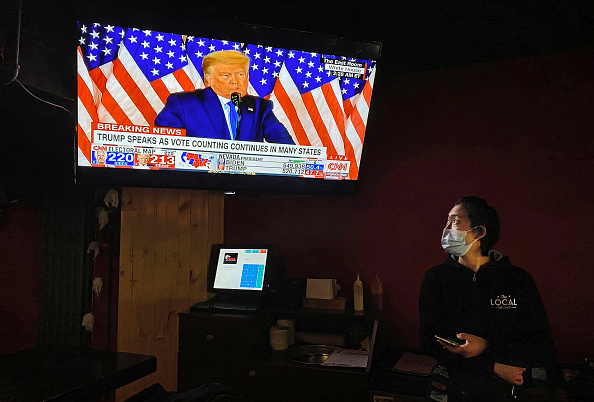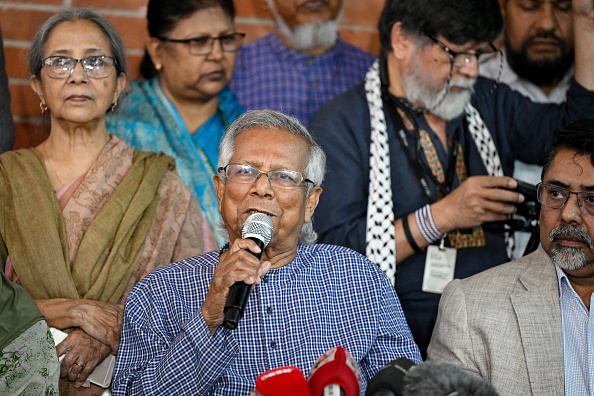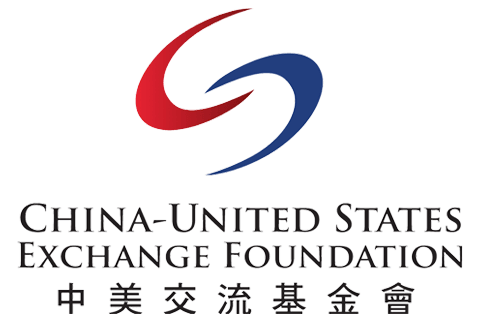
Dear Focus Reader,
U.S. National Security Advisor Jake Sullivan met with Chinese Foreign Minister Wang Yi in Beijing this week in a series of six rounds of talks, marking continued efforts to prioritize dialogue in the China-U.S. relationship. Over the course of Sullivan's trip, both sides emphasized the importance of maintaining open lines of communication, including plans for a call between Presidents Joe Biden and Xi Jinping in the near future.
The meeting covered a wide range of issues from bilateral to global concerns, including military-to-military communications, climate change, and the reduction of illicit synthetic drug flows. Sullivan reiterated Washington's commitment to preventing the misuse of advanced technologies while addressing concerns about China's trade policies. He also touched on global security issues, expressing concerns over China's support for Russia's defense sector and actions in the South China Sea.
Wang used the talks to underscore four critical "red lines" in its relations with the United States: Taiwan, democracy and human rights, development paths and systems, and development rights. He expressed deep concerns and issued clear demands on these issues, particularly highlighting Taiwan as the foremost non-negotiable boundary in China-U.S. relations.
President Xi Jinping also met with Sullivan, where he said China's "commitment to the goal of a stable, healthy and sustainable China-U.S. relationship remains unchanged." Additionally, Sullivan held a meeting with Central Military Commission vice chairman Gen. Zhang Youxia – the first meeting between a U.S. official and a Chinese military figure in that role since 2018.
These meetings follow a series of strategic communications aimed at implementing the commitments made during last year's Woodside Summit and preparing for future high-level exchanges. While the discussions are not expected to yield significant immediate breakthroughs, they are seen as essential steps in maintaining stability in U.S.-China relations, especially as both countries navigate pressing global and domestic challenges.
Learn more on the China-U.S. relationship and beyond by catching up on our latest Focus content, including topics covering China's "Black Myth Wukong," global trade, and more.
The tariff percentage Donald Trump has stated he will impose on Chinese imports if elected.
Learn more in "U.S. Economy Teeters at Inflection Point," by Ma Xue, an Associate Fellow at the Institute of American Studies, China Institutes of Contemporary International Relations.
In our Focus Insights section, we shared an article by Philip Cunningham discussing how the Chinese blockbuster game "Black Myth Wukong" is receiving global praise, signaling a potential rise in China's cultural influence through gaming.
We want to hear from you!
Could "Black Myth Wukong" signal a turning point for China's influence in global pop culture and beyond?
Submit your thoughts to USeditor@chinausfocus.com for a chance to be featured in next week's Focus This Week.
useditor@chinausfocus.com for more info.
Prepared by China-US Focus editorial teams in Hong Kong and New York, this weekly newsletter offers you snap shots of latest trends and developments emerging from China and the U.S. every week. It is a community space to exchange thoughts and ideas about the China-U.S. relationship and beyond.
- 2024-08-23 Focus This Week: Intensifying Competition
- 2024-08-16 Focus This Week: Working Group Progress
- 2024-08-09 Focus This Week: Walz-ing into a new era?
- 2024-08-02 Focus This Week: Time Remaining
- 2024-07-26 Focus This Week: Political Shifts
- 2024-07-19 Focus This Week: The Third Plenum
- 2024-07-12 Focus This Week: 75 Years of NATO
- 2024-06-28 Focus This Week: The Race to November
- 2024-06-21 Focus This Week: Global Currents
- 2024-06-14 Focus This Week: A Diplomatic Tour
- 2024-06-07 Focus This Week: Searching for Peace
- 2024-05-31 Focus This Week: A Rare Meeting
- 2024-05-24 Focus This Week: Inauguration Across the Strait
- 2024-05-17 Focus This Week: Alliance Strengthened
- 2024-05-10 Focus This Week: Strategic Partnership
- 2024-05-03 Focus This Week: Xi's Heading to Europe
- 2024-04-26 Focus This Week: Advancing Relations
- 2024-04-19 Focus This Week: Collective Concerns
- 2024-04-12 Focus This Week: Regional Coordination
- 2024-04-05 Focus This Week: Diplomatic Engagement



